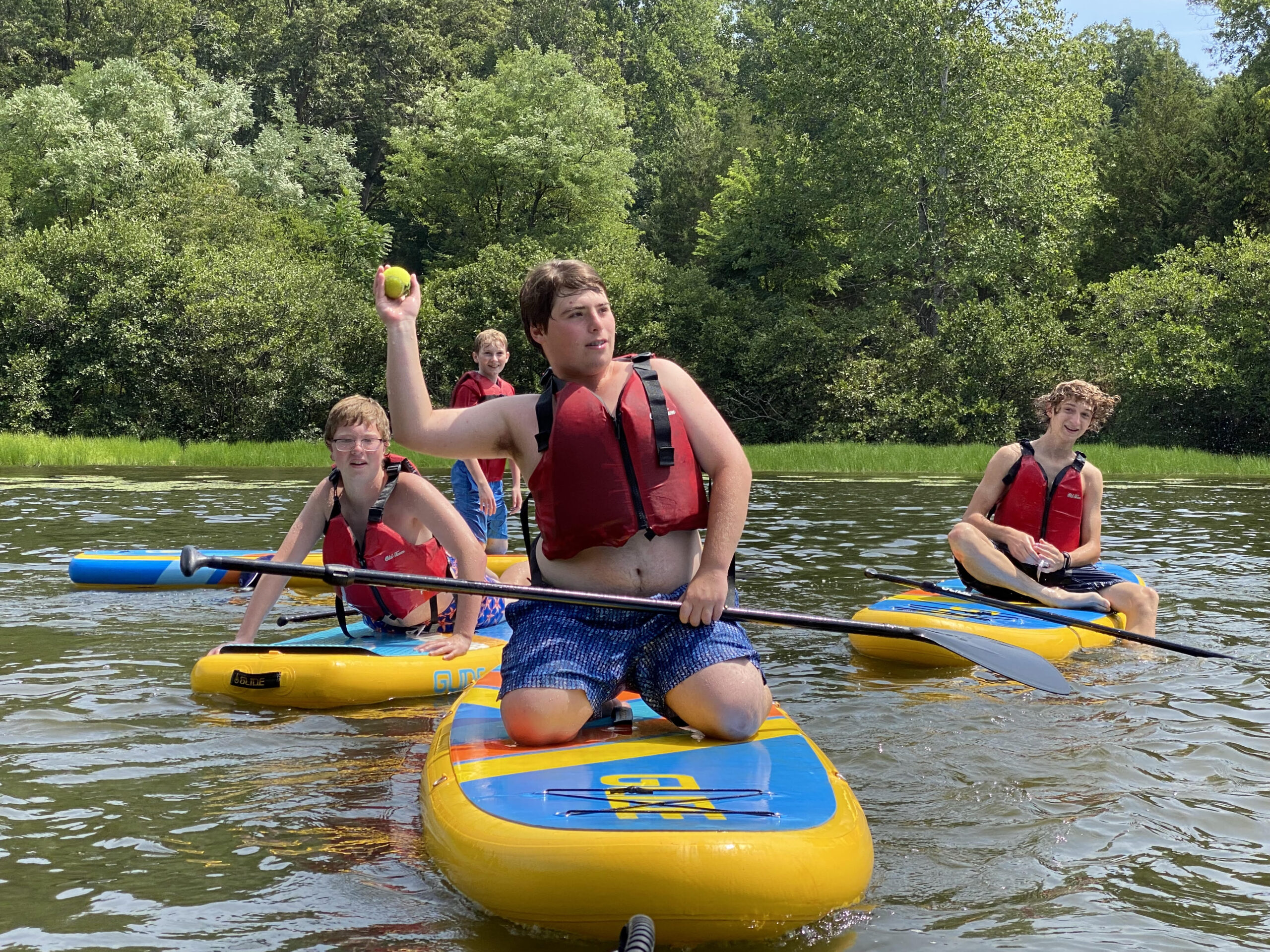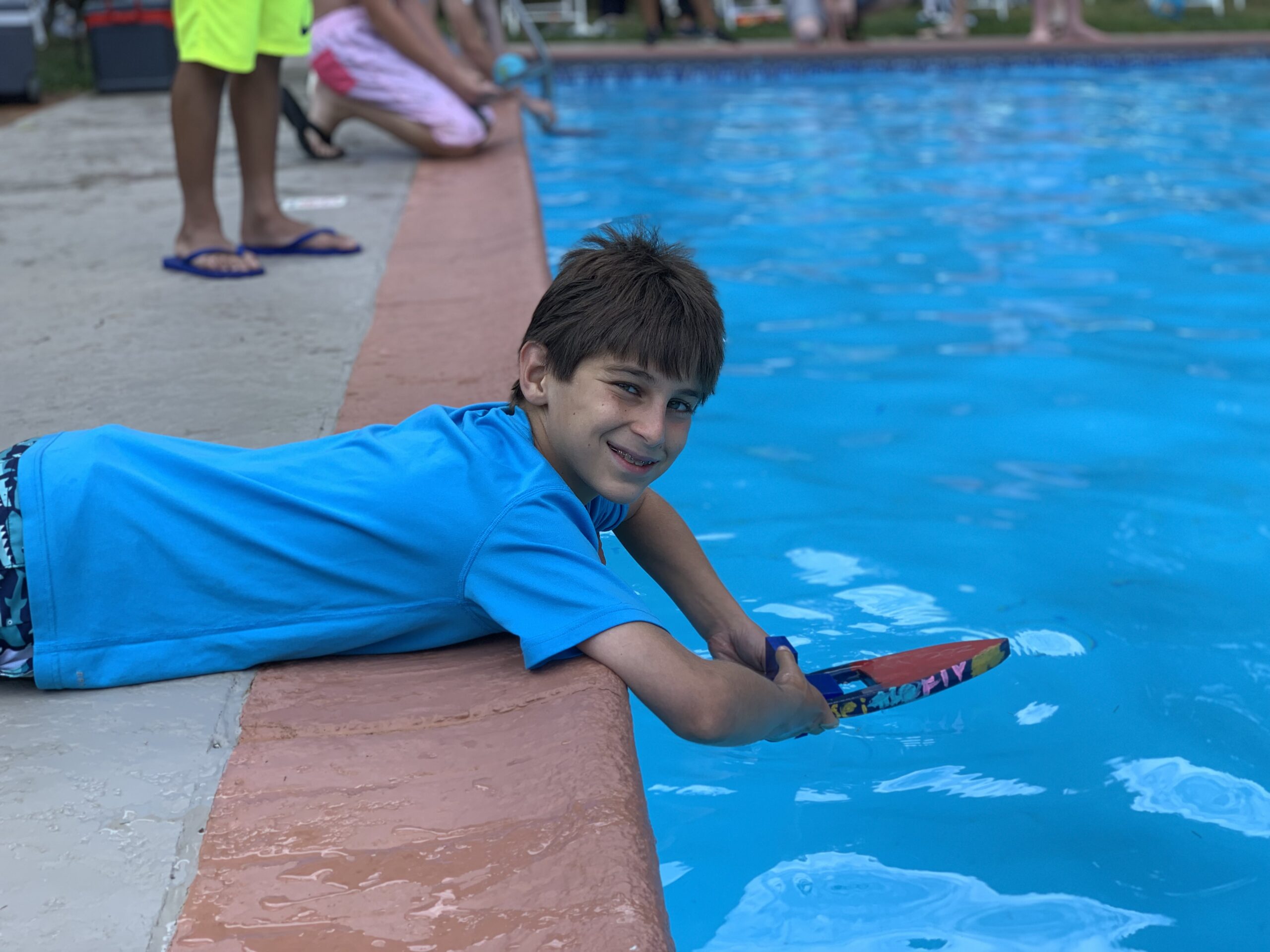Summer at TKS
 The school year runs from the beginning of July to the end of June each year. After a one-week summer break at home, students return in early July for the summer session before the academic session begins in early August. During the 5-week summer session, however, learning doesn’t stop. Summer programming provides unique and engaging activities while maintaining consistent structure, academic rigor, and constant opportunities for social emotional development.
The school year runs from the beginning of July to the end of June each year. After a one-week summer break at home, students return in early July for the summer session before the academic session begins in early August. During the 5-week summer session, however, learning doesn’t stop. Summer programming provides unique and engaging activities while maintaining consistent structure, academic rigor, and constant opportunities for social emotional development.
Summer Academics
Throughout July and the beginning of August, students continue working within the classroom. Academic time focuses on experiential, hands-on, and project-based learning including STEM (science, technology, engineering, and math) instruction, novel study, performance arts through drama and creative writing, team building and/or a design project that focuses on team work and practical math, and PE/athletics including swimming in the TKS community pool. Student also engage in off-campus field trips for further experiential learning and social skills development.
Math, science, and language arts are presented in non-traditional ways that promote learning for pleasure and encourage a lifelong-learner mentality without the added pressure of graded assignments
Summer Dorm Life

Residential staff support, guide, and instruct students using the TKS relationship-based model. Instruction and direct supervision for students is scheduled at a 1:4 staff to student ratio.
The summer residential programming provides facilitated social interactions, a programmed daily schedule, and organizational support that is difficult to imitate at home over a typical summer break. It also helps students who have particular difficulty with interactions and productive functioning at home or with the transitions between home to school. The hands-on, fast paced and experiential nature of the program creates a fun way to sustain and build social development, increased self-awareness and increased capabilities through structured and facilitated outdoor play, interaction with friends, and skill acquisition.
Areas of Growth
The summer programming maintains the basic tenants of Keswick School’s award-winning program. There are three specific areas of growth:
BELONGING:
- Social thinking
- Social Communication
- Social Role and Identity
Belonging is built on establishing a social role and identity by harmoniously integrating the thoughts, feelings, and agendas of other people with one’s own. Social thinking skills, developed in Michelle Garcia-Winner’s Social Thinking Curriculum, are practiced with daily lessons. Students develop these capacities through intensive practice in smaller groups and a more functional context.
PERSONAL AWARENESS:
- Personal inventory
- Goal Setting
- Self-Identity
- Collaboration
Personal Awareness forms the foundation for creating a cohesive and positive idea of “who I am.” Staff amplify a student’s experience of himself so that his self-awareness can support his goals, choices, and efforts. Students receive constant feedback about their strengths, their feelings, the impact of their behaviors, and, ultimately, about their identities. This is achieved by offering opportunities for reflection through art, journaling, small-group processing, inquiry-based instruction, and guided-attention activities.
COMPETENCE:
- Commitment
- Skill Acquisition
- Strengths & Weaknesses
- Experienced Success
Competence develops when one can repeatedly exclaim, “I did it!” At the heart of the summer are hands-on, experiential activities including hiking, camping, canoeing, kayaking, swimming, fishing, wood craft, horseback riding, orienteering, geo-caching, service work, and cooking. Besides being fun and engaging, these activities offer students an opportunity to demonstrate being as capable young men. For more than 55 years at TKS, students have continually demonstrated that this sense of personal agency is crucial in the development of self-esteem and personal independence.
An Enhanced Understanding of your Child:
A select number of students may benefit from a summer-only experience at TKS. A therapeutic summer experience can provide parents with an enhanced understanding of their child as well as the relationship between him and his environment. Students learn effective skills for interacting with others, managing their emotions and efforts, and realizing their positive intentions more consistently. Immersion in our community allows student to socialize with similarly developing peers who are interested in developing positive relationships. The social emotional curriculum provides constant contextual coaching and shaping to help students learn ways to influence how others see and relate to them.
Oversight of relationship-based intervention is provided for each student by a member of our clinical team through frequent in-context learning. Upon completion of the summer program, clinical staff provide a detailed summary about what we have learned about your son over the summer. Relevant areas addressed could include:
- Organizational and cognitive abilities
- Patterns in social development
- Use of specific principles of social intelligence
- Emotional regulation capacities
- Self-concept formation
- Behavioral and thinking patterns related to family relationships
- Analysis of current development compared to typical development
- Recommendations for continued intervention and treatment